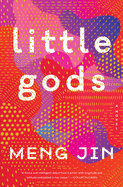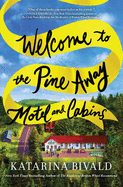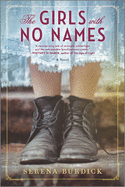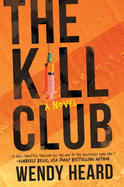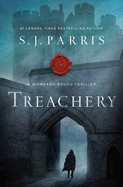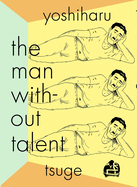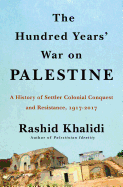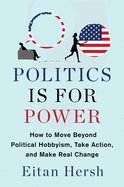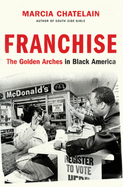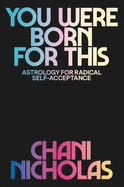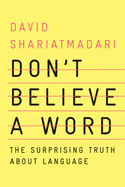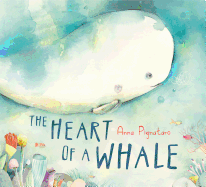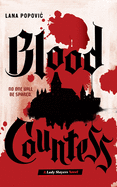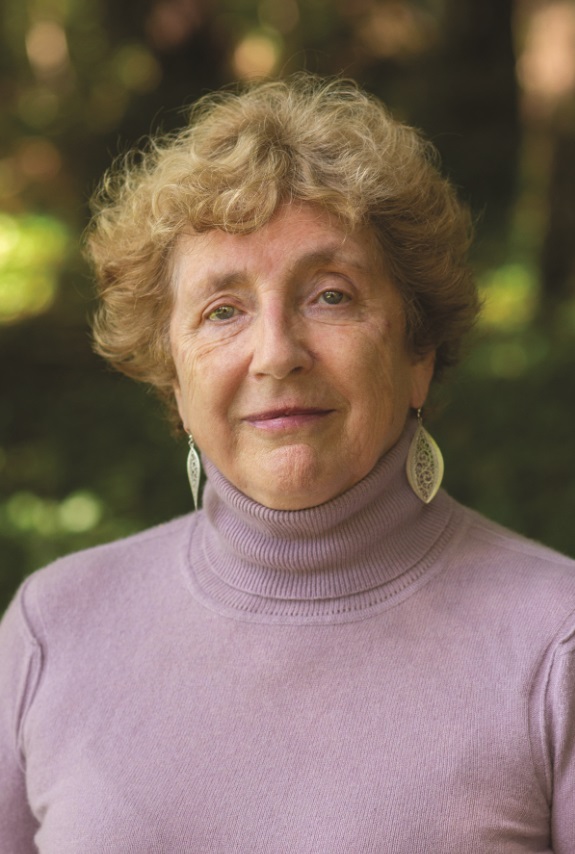 |
| photo: Gail Samuelson |
Gillian Gill holds a Ph.D. in modern French literature from Cambridge University and has taught at Northeastern, Wellesley, Yale and Harvard. She is the author of the biographies We Two: Victoria and Albert, Nightingales, Agatha Christie and Mary Baker Eddy. Virginia Woolf: And the Women Who Shaped Her World was recently published by Houghton Mifflin Harcourt. Gill lives in suburban Boston.
On your nightstand now:
All I have on my nightstand is a printout of today's New York Times crossword. Books set my mind racing, and, if the plot is hot, I am awake half the night and a wreck all day. I do my reading on the couch during the afternoon and evening, dipping into a pile of research books on my coffee table and a menu of books on my e-reader. Lately, after a visit to Rome, I dived into ancient Roman history via Mary Beard's SPQR and Robert Graves's I, Claudius. I read so much Latin when I was young and remember none of it. The guardians of female purity were still active back then and managed to keep anything young women might actually have found interesting out of our ken. So I have had fun some digging for the real imperial dirt with Suetonius and tackling Tacitus in Latin with the Loeb Classics parallel texts.
I love memoirs, old and new. I savored Helen Macdonald's H Is for Hawk and, as a lover of Mary Karr and Jeannette Walls, I swallowed Tara Westover's Educated in one single, can-this-really-be-true-in-today's-USA? gulp. Emmanuel Carrère is a new discovery--a racy, elegant mixture of autobiography, history and contemporary critique and, by the way, brilliantly translated into English. Hilary Mantel, Jenny Diski and Jeanette Winterson are old friends from their fiction, so I've loved hearing about their lives.
I read mainly nonfiction and, when I do buy a novel--and I try to buy them out of authorial solidarity--I make no apologies for choosing (with the odd exception like Jeffrey Eugenides and Colson Whitehead) almost all women. There are so many women novelists from so many countries who are so good today, it's impossible to keep up. Jennifer Egan, Zadie Smith, Rachel Cusk, Arundhati Roy, Curtis Sittenfeld, Tessa Hadley, Nadine Gordimer, Jane Gardam, Pat Barker, Ann Patchett are just some of my favorites. I do follow a few male novelists from across the pond, as we Brits say--Ian McEwan, Alan Hollinghurst, Edward St Aubyn, David Mitchell, Colm Tóibín, Philip Pullman--but novels by canonic 20th-century white American male writers seem to bring me out in hives.
Favorite book when you were a child:
Oh dear, more than you want to know about. In my loving, secure and extremely boring childhood world, I lived mainly in and for books. Children's literature is for me an important genre and I try to keep pace with my book-loving youngest granddaughter, who swallowed Harry Potter when she was nine and went on to Lemony Snicket, reading what she is reading.
The very first book I remember, the first I owned, was Flower Fairies of the Wayside. I could barely tell a daisy from a dandelion, but I loved that book and acquired a taste for doggerel.
Your top five authors:
In no particular order; in the 19th century: Fyodor Dostoyevsky, Jane Austen, Henry James, George Eliot, Charlotte Brontë. In the 20th century: Colette, Toni Morrison, A.S. Byatt, Penelope Fitzgerald, Elena Ferrante.
Book you've faked reading:
Large stretches of Proust--and I specialized for a long time in 20th-century French fiction. Also Ulysses, I can never get Bloom past his breakfast in the tower.
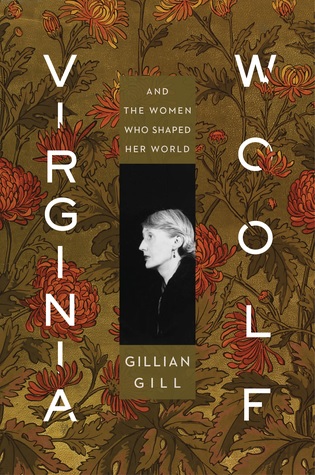 Book you're an evangelist for:
Book you're an evangelist for:
Anything by Muriel Spark. She can pack more observation, comedy and comment into a single sentence than most authors in a page. I reject her cosmology but worship her style. ll Gattopardo (The Leopard) by Giovanni di Lampedusa, a revelatory exploration of the privileged life and subtle mind of a patriarch. It deserves a new English translation. Milkman by Anna Burns. The island of Ireland keeps making an outsize contribution to world literature and, though I was fascinated by Sally Rooney's Conversations with Friends and Normal People, I was overwhelmed by Burns's Milkman. It gives James Joyce a run for his money.
Book you hid from your parents:
If you can believe it, The Blue Lagoon, when I was about 14. Later, I took a secret gallop through Lady Chatterley's Lover for the dirty parts which I found a lot less hot than The Blue Lagoon.
Book that changed your life:
Books changed my life. When I learned to read, the sun came out in a rainy, grey world. Nowadays, having almost any book downloadable on a little device or deliverable to my door in days is changing my life again.
Favorite lines from a book:
In the beginning was the word. --John 1:1
The time has come, the Walrus said, to talk of many things, of shoes and ships and sealing wax, of cabbages and kings. --Through the Looking-Glass by Lewis Carroll
My heart leaps up when I behold a rainbow in the sky. --"My Heart Leaps Up" by William Wordsworth
Glory be to God for dappled things... all things counter, original, spare, strange. --"Pied Beauty" by Gerard Manley Hopkins
Books you'll never part with:
The copies of the King James Bible and the Golden Treasury I was given as a girl. My compendium of Jane Austen's novels. Villette by Charlotte Brontë. The Mill on the Floss by George Eliot. The Wings of the Dove by Henry James. To the Lighthouse by Virginia Woolf.
Book you most want to read again for the first time:
Pride and Prejudice by Jane Austen.
What you think books should do for their readers:
Give pleasure. Explore the world. Illuminate the past. Allow us to enter the minds of other people.
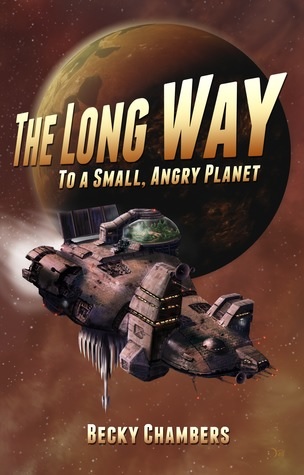 When I am browsing for a book to read, the first line determines if I will read any further (although once I bought a book based only on its title--The Long Way to a Small, Angry Planet--and was delighted with my recklessness). Lately I've found some books whose first lines intrigued me enough to keep going.
When I am browsing for a book to read, the first line determines if I will read any further (although once I bought a book based only on its title--The Long Way to a Small, Angry Planet--and was delighted with my recklessness). Lately I've found some books whose first lines intrigued me enough to keep going.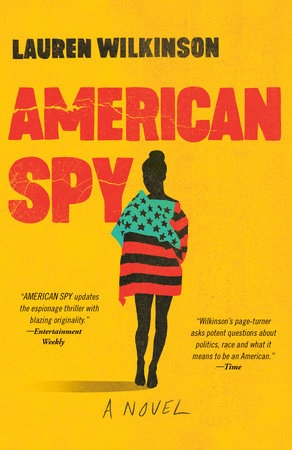 "I unlocked the safe beneath my desk, grabbed my old service automatic, and crept toward my bedroom doorway, stealthy until I was brought to grief by a Lego Duplo that stung the sole of my foot." --American Spy by Lauren Wilkinson (Random House, $27).
"I unlocked the safe beneath my desk, grabbed my old service automatic, and crept toward my bedroom doorway, stealthy until I was brought to grief by a Lego Duplo that stung the sole of my foot." --American Spy by Lauren Wilkinson (Random House, $27).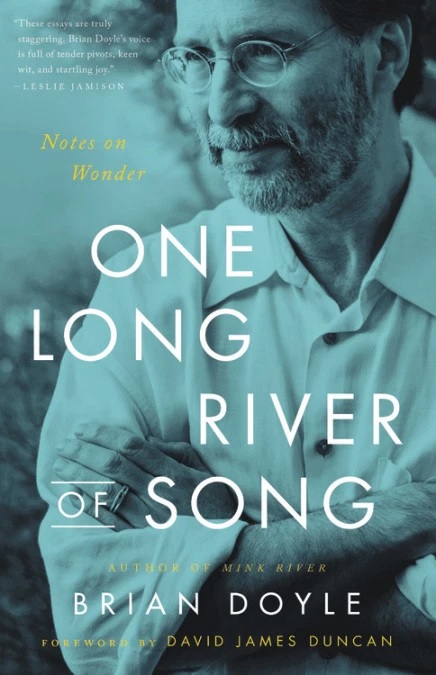 I'm cheating here with a collection of the late Brian Doyle's writings, One Long River of Song: Notes on Wonder (Little, Brown, $27), by choosing from an essay on finding a dead mole, but he's worth the finesse: "I should toss the body over the fence, into the thicket, as food for the many, such being the language of life, but I think of how we feel when we are tucked in tight in bed, inside the cocoon of the blankets, wrapped and rapt, and I wonder if moles love the grip of earth that way, love the press and dense of it, its inarguable weight, the blind swim through the dark, would love to finally dissolve in it; and I bury the body."
I'm cheating here with a collection of the late Brian Doyle's writings, One Long River of Song: Notes on Wonder (Little, Brown, $27), by choosing from an essay on finding a dead mole, but he's worth the finesse: "I should toss the body over the fence, into the thicket, as food for the many, such being the language of life, but I think of how we feel when we are tucked in tight in bed, inside the cocoon of the blankets, wrapped and rapt, and I wonder if moles love the grip of earth that way, love the press and dense of it, its inarguable weight, the blind swim through the dark, would love to finally dissolve in it; and I bury the body."



 Book you're an evangelist for:
Book you're an evangelist for: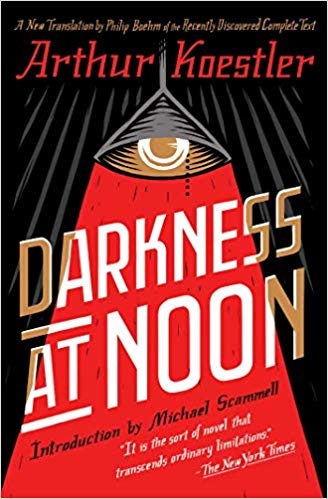 Darkness at Noon by Hungarian British author Arthur Koestler (1905-1983), published in 1940, follows an Old Bolshevik victim of Stalin's Great Purge--without mentioning the USSR or its leader by name. Stalin becomes "Number One," the Communists "the Party" and Nazi Germany "the Dictatorship." Protagonist Rubashov, an amalgamation of real purge victims, is arrested by the NKVD (called only the secret police) and subjected to three interrogations. Between these, Rubashov communicates with a neighboring prisoner via a tap code, who urges Rubashov not to confess to false charges. George Orwell credited Darkness at Noon as his inspiration to explore totalitarianism through fiction.
Darkness at Noon by Hungarian British author Arthur Koestler (1905-1983), published in 1940, follows an Old Bolshevik victim of Stalin's Great Purge--without mentioning the USSR or its leader by name. Stalin becomes "Number One," the Communists "the Party" and Nazi Germany "the Dictatorship." Protagonist Rubashov, an amalgamation of real purge victims, is arrested by the NKVD (called only the secret police) and subjected to three interrogations. Between these, Rubashov communicates with a neighboring prisoner via a tap code, who urges Rubashov not to confess to false charges. George Orwell credited Darkness at Noon as his inspiration to explore totalitarianism through fiction.